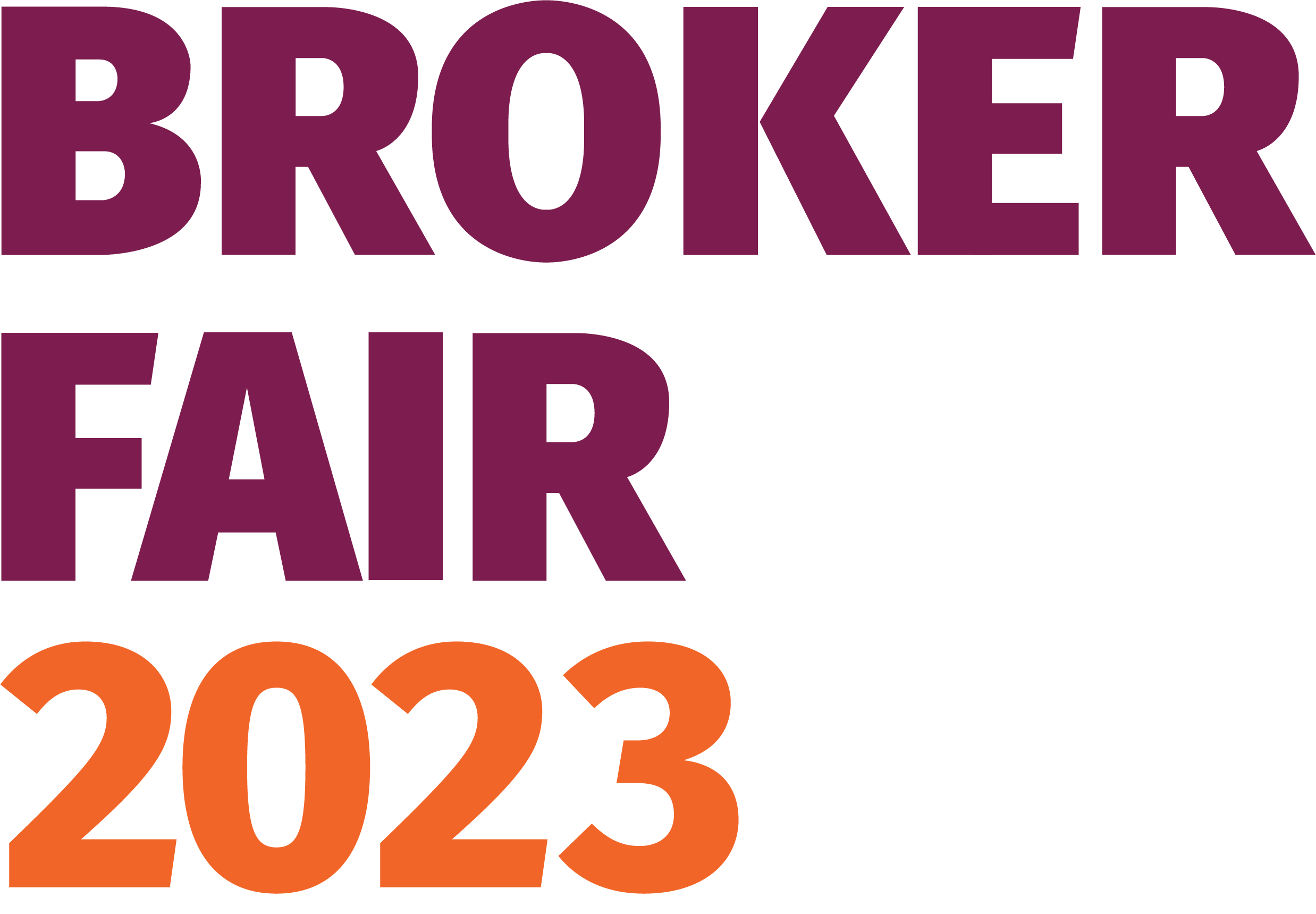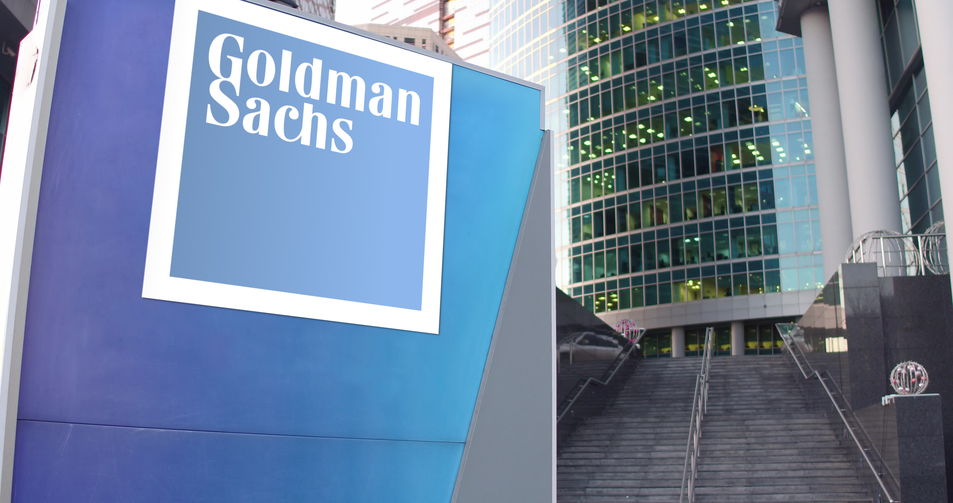Articles by deBanked Staff
IOU Financial Reveals 2022 Financials, Is Adapting to Current Macroeconomic Conditions
April 26, 2023 IOU Financial originated $82.7M in funding in Q4 2022, according to the company’s latest financial report. That put them at $275.5M for the year total, a new all-time record for the company. IOU was profitable for the year but by a razor thin margin, eking out a net income of just $38,826.
IOU Financial originated $82.7M in funding in Q4 2022, according to the company’s latest financial report. That put them at $275.5M for the year total, a new all-time record for the company. IOU was profitable for the year but by a razor thin margin, eking out a net income of just $38,826.
In an official announcement, IOU disclosed that “During the fourth quarter of 2022 macro-economic factors including inflation and rising interest rates impacted the operating environments of many small businesses and negatively impacted IOU’s collections efforts and servicing revenues. This has led to a write down of specific servicing assets and reduced revenue accrual rates, resulting in a net loss of $(2.7) million on an IFRS basis and $(0.9) million on an adjusted earnings basis for the quarter ended December 31, 2022.”
IOU has already taken decisive action to adapt, the company stated, which has already led to a positive impact on collections but also resulted in sigifnicantly reduced originations in the first quarter of 2023.
“IOU Financial has weathered many storms and always emerged stronger than before,” said Robert Gloer, President and CEO of IOU. “We’ve pivoted to adjust to current macro-economic conditions and remain committed to investing in products and technology designed around the needs of small business owners and our broker network.”
LAST CALL for Broker Fair Tickets!
April 24, 2023For inquiries or questions, email events@debanked.com
Last call to purchase tickets for Broker Fair 2023! Taking place at the New York Hilton Midtown on May 8th, this is the biggest annual event of its kind in New York City. (REGISTER HERE).
 Sponsors hail from across the small business and commercial finance industries and include the following categories:
Sponsors hail from across the small business and commercial finance industries and include the following categories:
- brokers
- working capital lenders
- revenue based financing providers
- equipment financing providers
- real estate lenders
- factors
- technology
- accounting
- collections & recovery
- consultants
- payments
- and more…

A Side Effect of New State Laws? Registry Lookups
April 21, 2023 DailyFunder, the original funder’s forum since 2012, will include links to governmental registries on its site. Among the first two to be added are California and Virginia. The purpose is to serve as a reference point to verify a funder or lender’s claims. Additional states like Utah and New York will follow. Brokers and referral partners should use all the tools at their disposal to conduct due diligence on whomever they are considering to work with.
DailyFunder, the original funder’s forum since 2012, will include links to governmental registries on its site. Among the first two to be added are California and Virginia. The purpose is to serve as a reference point to verify a funder or lender’s claims. Additional states like Utah and New York will follow. Brokers and referral partners should use all the tools at their disposal to conduct due diligence on whomever they are considering to work with.
“‘The ‘I saw them in the courts’ or ‘I saw them in banks’ method isn’t exactly proof of legitimacy,'” a post on the forum stated.
DailyFunder also recently shared that it is experiencing a rather vibrant burst of interest. The forum logged 2.3 million page views in 2022 and this year is on pace for 3 million, it claims.
Amex to Continue Extending Credit to Small Businesses, Not in Same Position as Smaller Banks
April 20, 2023 American Express plans to continue extending credit to small businesses despite some of the challenges in the economy, according to the company’s latest quarterly earnings call. CEO Steve Squeri said that the company isn’t in the same position as a lot of the other smaller banks right now.
American Express plans to continue extending credit to small businesses despite some of the challenges in the economy, according to the company’s latest quarterly earnings call. CEO Steve Squeri said that the company isn’t in the same position as a lot of the other smaller banks right now.
“…for those credit worthy small businesses we will continue to extend credit and it could be an opportunity for us actually, provided the credit is good,” Squeri said. Part of that opportunity, Squeri explained, was in being able to service businesses that historically had not considered them a “lender of first resort.”
Amex’s business loan division was formerly known as Kabbage. It rebranded to Business Blueprint in January.
Broadly, times are good for Amex. The company experienced a record-setting first quarter with $14.3B in revenue and a healthy profit of $1.8B.
Percentage of Merchants Seeking MCAs in 2022 Waned But Approval Rate Went Up
April 19, 2023 Only 7% of small businesses that applied for financing in 2022 applied for a merchant cash advance, according to the most recent report published by the Federal Reserve. Of those, 90% reported being approved for some amount of capital. That’s up from the 84% in 2020 and up from the 87% reported in 2019 prior to the pandemic. Approvals, it appears, were quite generous in 2022.
Only 7% of small businesses that applied for financing in 2022 applied for a merchant cash advance, according to the most recent report published by the Federal Reserve. Of those, 90% reported being approved for some amount of capital. That’s up from the 84% in 2020 and up from the 87% reported in 2019 prior to the pandemic. Approvals, it appears, were quite generous in 2022.
Overall, the percentage of merchants seeking MCAs has dipped, however. In 2019 for example, 9% of businesses said that they were seeking an MCA. In 2021 it was 8%. In 2022 it was 7% as mentioned above. The decrease could be explained by the pandemic which introduced an abundance of free and low interest government business aid. Also, the proliferation of low-cost online lenders created by the 0% interest rate environment may have weakened demand for alternatives like MCAs. Given that much has changed in the last 4 months, the Fed’s next report (scheduled for release in approximately March 2024) stands to be much more informative.
Goldman Sachs Cutting Loose its Marcus Loan Portfolio, Is Going Hard on Savings Accounts
April 18, 2023 Goldman Sachs followed the windup of its Marcus online lending business by taking a $470M loss on a partial sale of its loan portfolio and transfer of the rest of it to held for sale, the company revealed. Marcus still exists for the bank as an online savings account brand, which it has found very adept at acquiring deposits.
Goldman Sachs followed the windup of its Marcus online lending business by taking a $470M loss on a partial sale of its loan portfolio and transfer of the rest of it to held for sale, the company revealed. Marcus still exists for the bank as an online savings account brand, which it has found very adept at acquiring deposits.
Goldman’s actions with Marcus were explained in January when CEO David Solomon said “…we tried to do too much too quickly.”
When Marcus first launched, Goldman Sachs was widely viewed as trying to compete with LendingClub in the online lending space. Both companies are now more famously known to consumers for another product, a high yield savings account. Marcus offers 3.9% APY on savings right now while LendingClub offers 4.25% APY. Despite LendingClub’s perceived edge here, Goldman Sachs announced yesterday that it was teaming up with Apple to offer an Apple Card savings account that pays 4.15% APY.
Only a Few Weeks Until Broker Fair 2023
April 13, 2023 The clock is ticking. Broker Fair 2023 at the New York Hilton Midtown is just around the corner on May 8th. Once again, professionals from the small business lending, commercial financing, revenue-based financing, leasing, equipment financing, factoring, and mca industries, will come together in the heart of New York.
The clock is ticking. Broker Fair 2023 at the New York Hilton Midtown is just around the corner on May 8th. Once again, professionals from the small business lending, commercial financing, revenue-based financing, leasing, equipment financing, factoring, and mca industries, will come together in the heart of New York.
This is the biggest annual small business finance conference in Manhattan and the sixth one to have taken place since 2018.
Register here. For inquiries or questions, email events@debanked.com.
See last year’s sizzle reel:
Georgia’s Commercial Financing Disclosure Bill Now on the Governor’s Desk
April 10, 2023Georgia is on track to become the latest state to pass a commercial financing disclosure law. This state’s bill passed through both the House and Senate and was delivered to Governor Brian P. Kemp on April 5th to await his signature. When that happens, Georgia will join a list of mandatory disclosure states that includes California, New York, Virginia, and Utah.
Other states that currently have disclosure bills up for debate in their respective legislatures include: Connecticut, Missouri, North Carolina, Florida, New Jersey, Kansas, and Illinois.






























